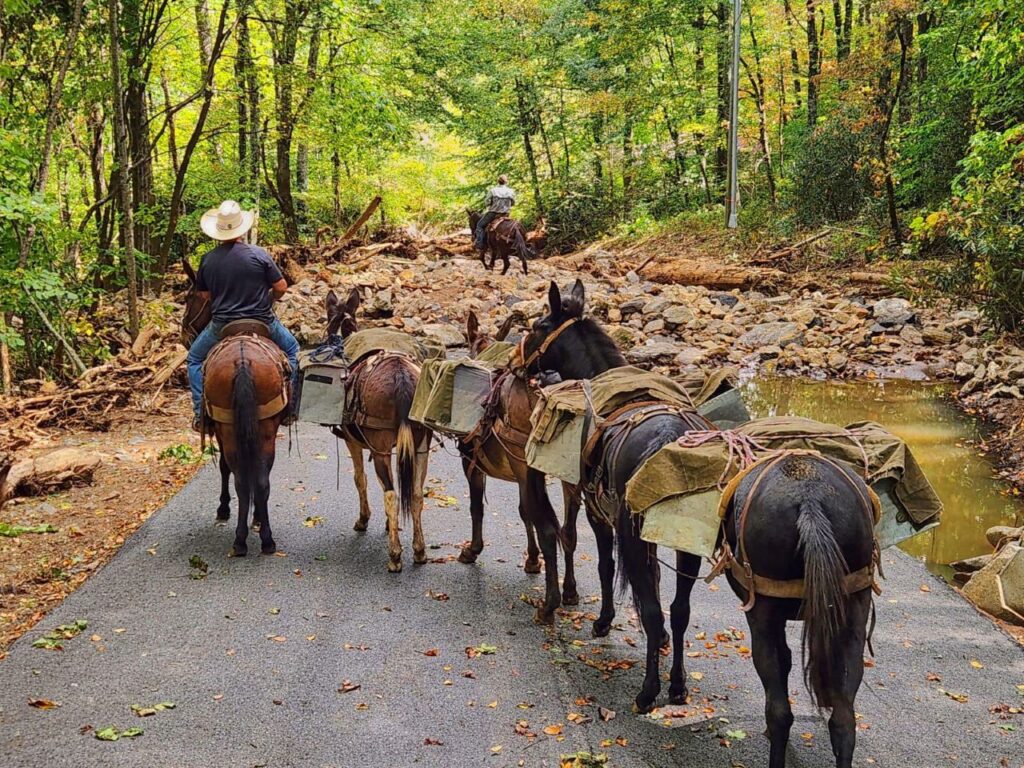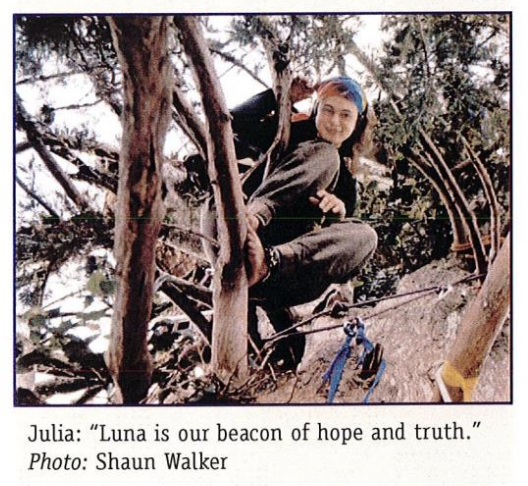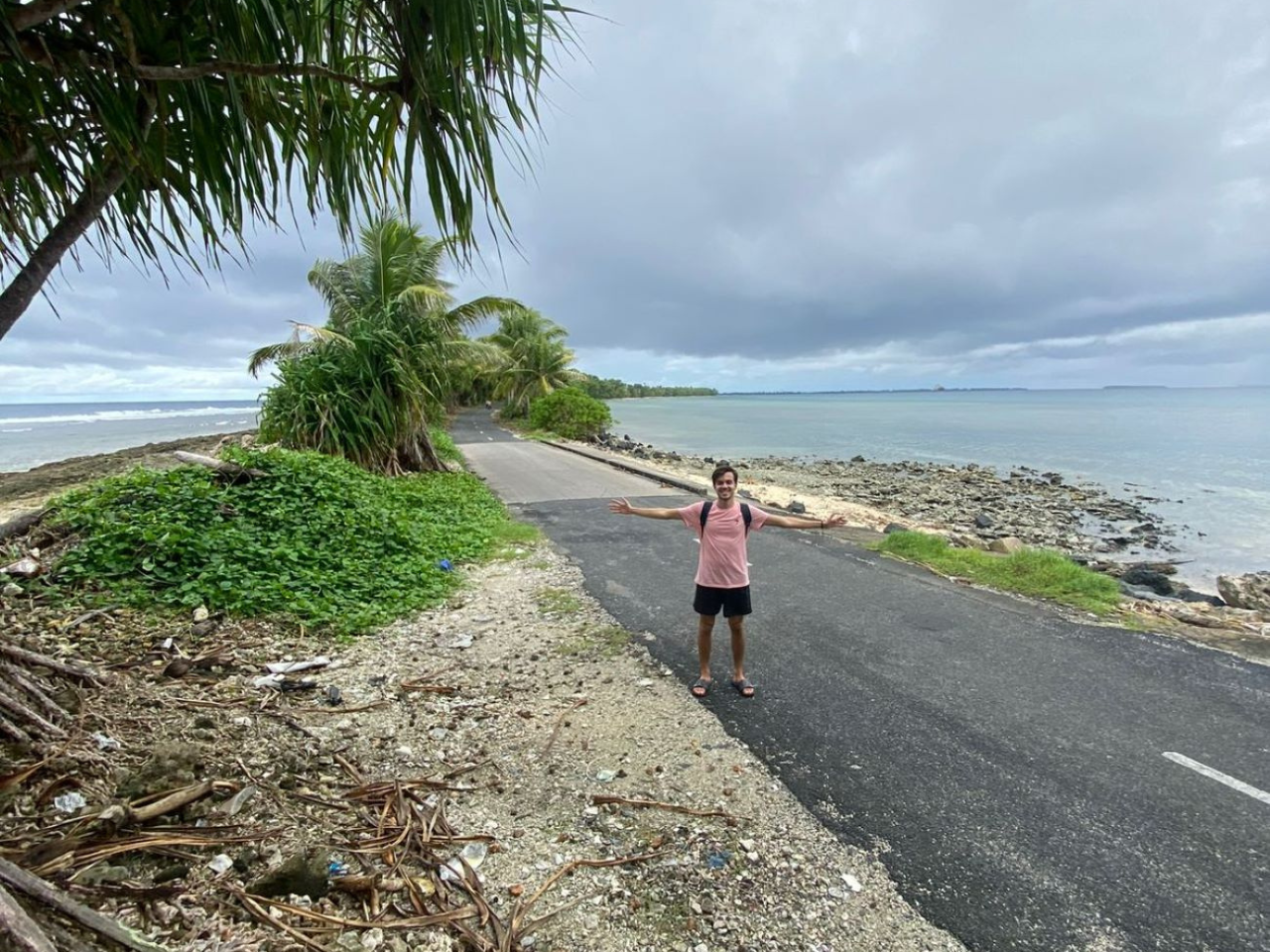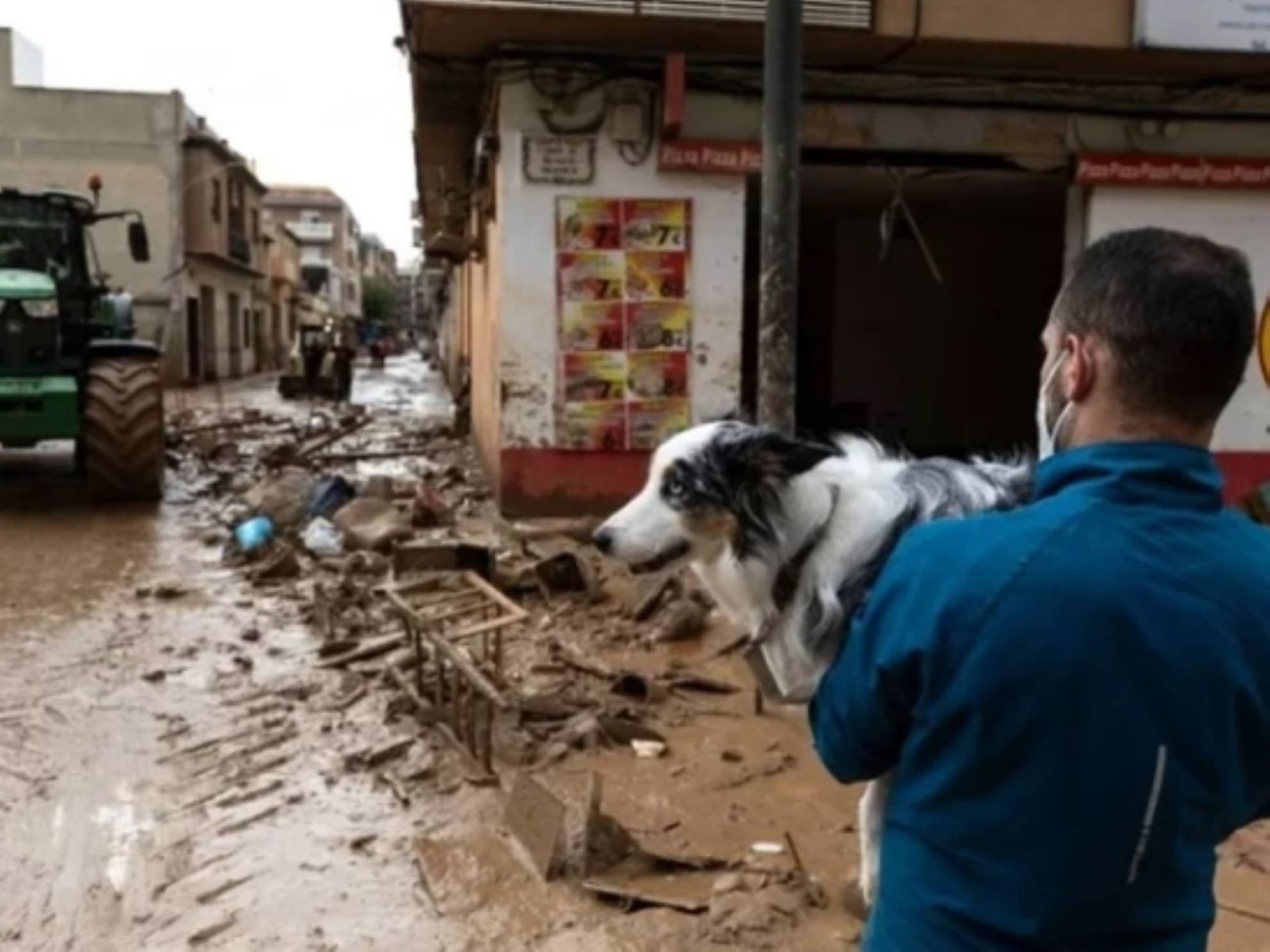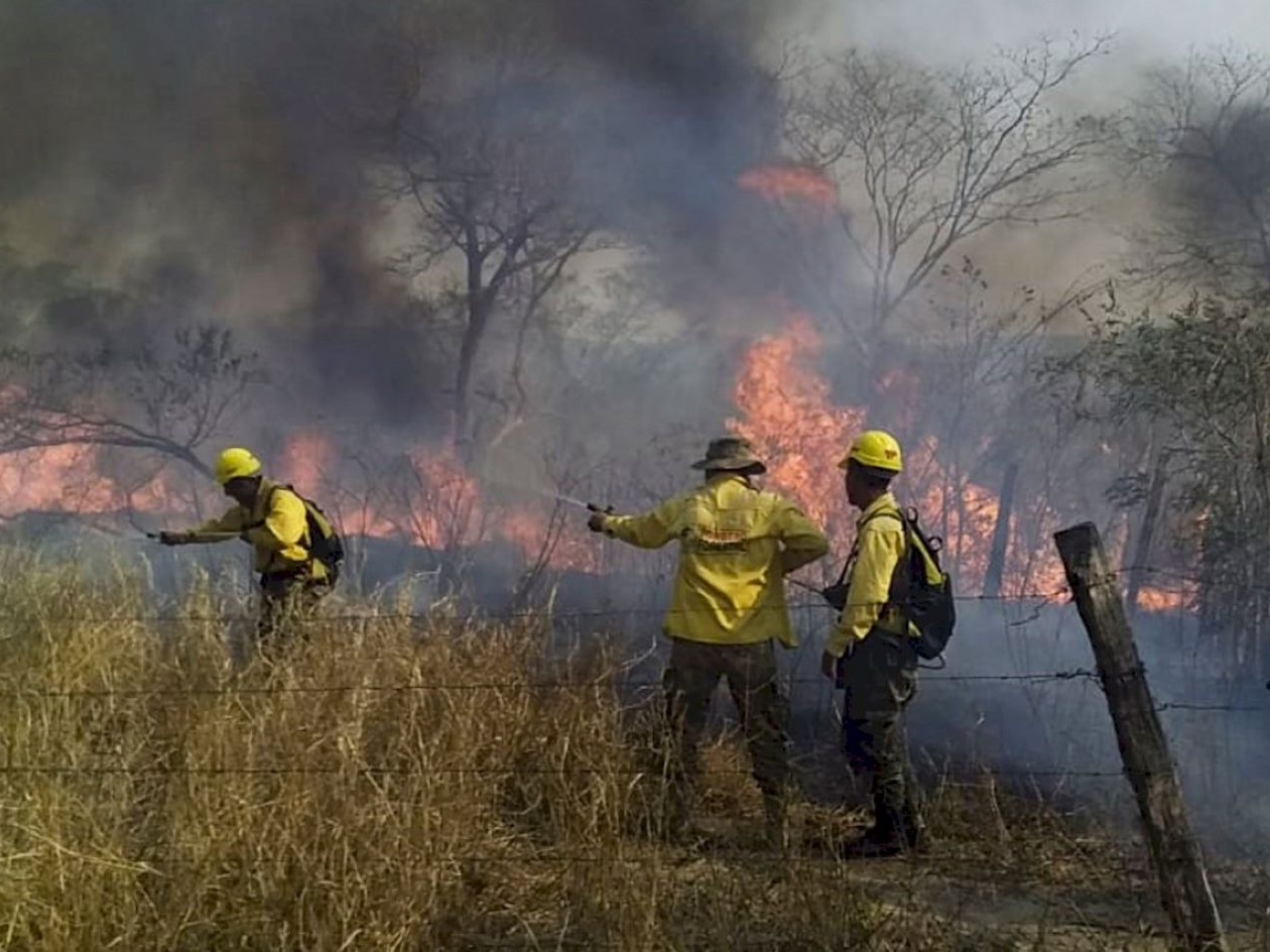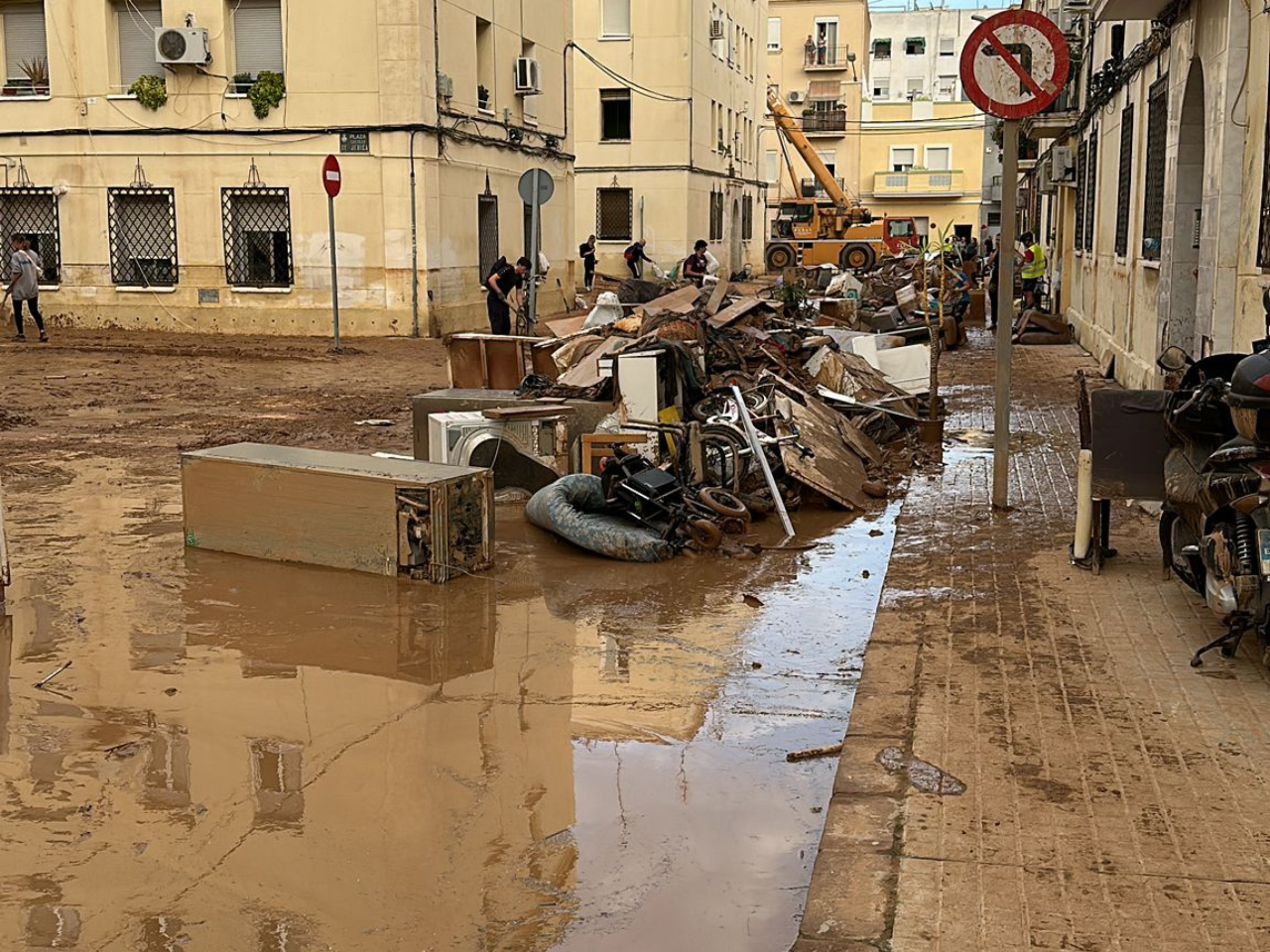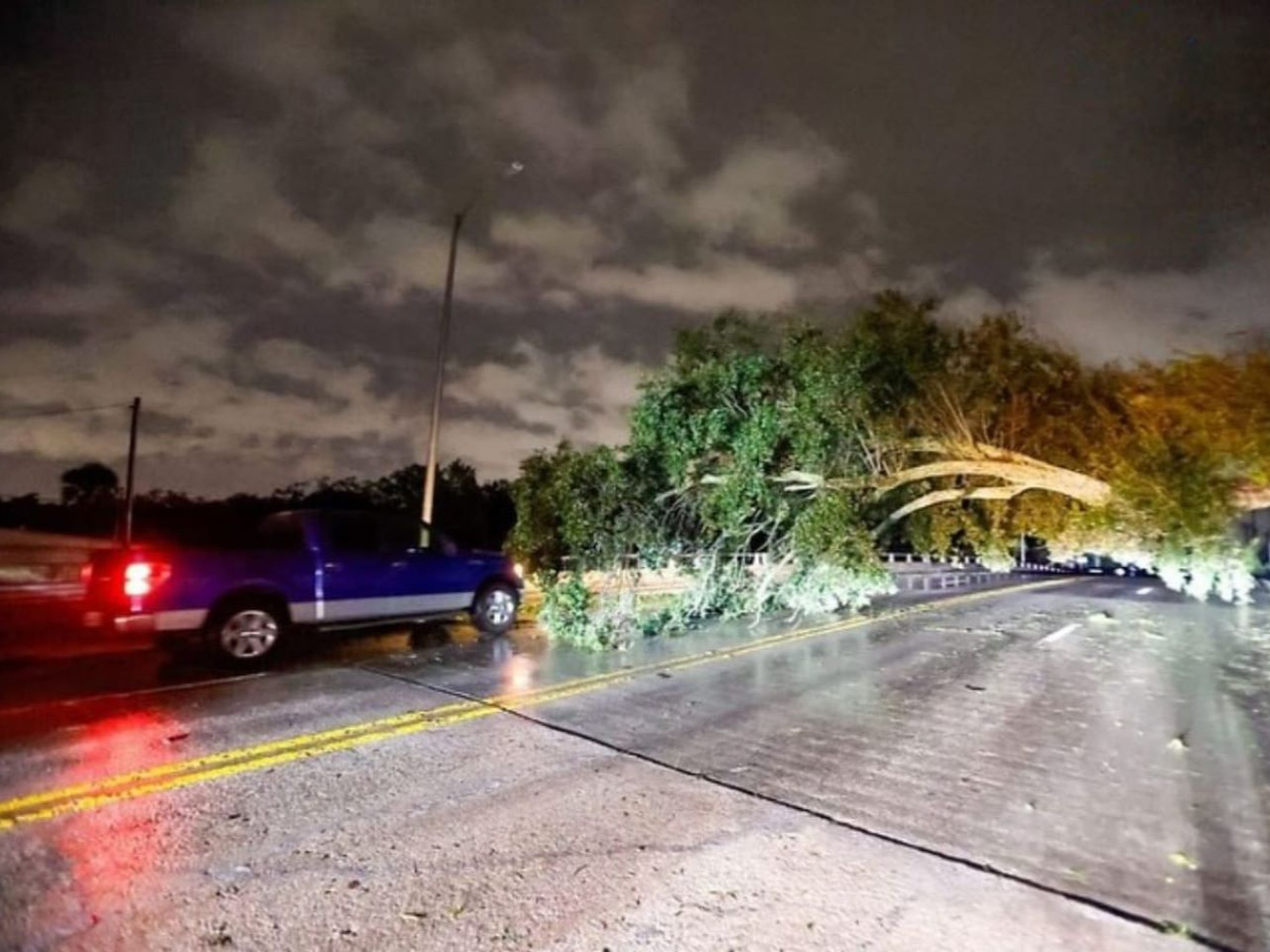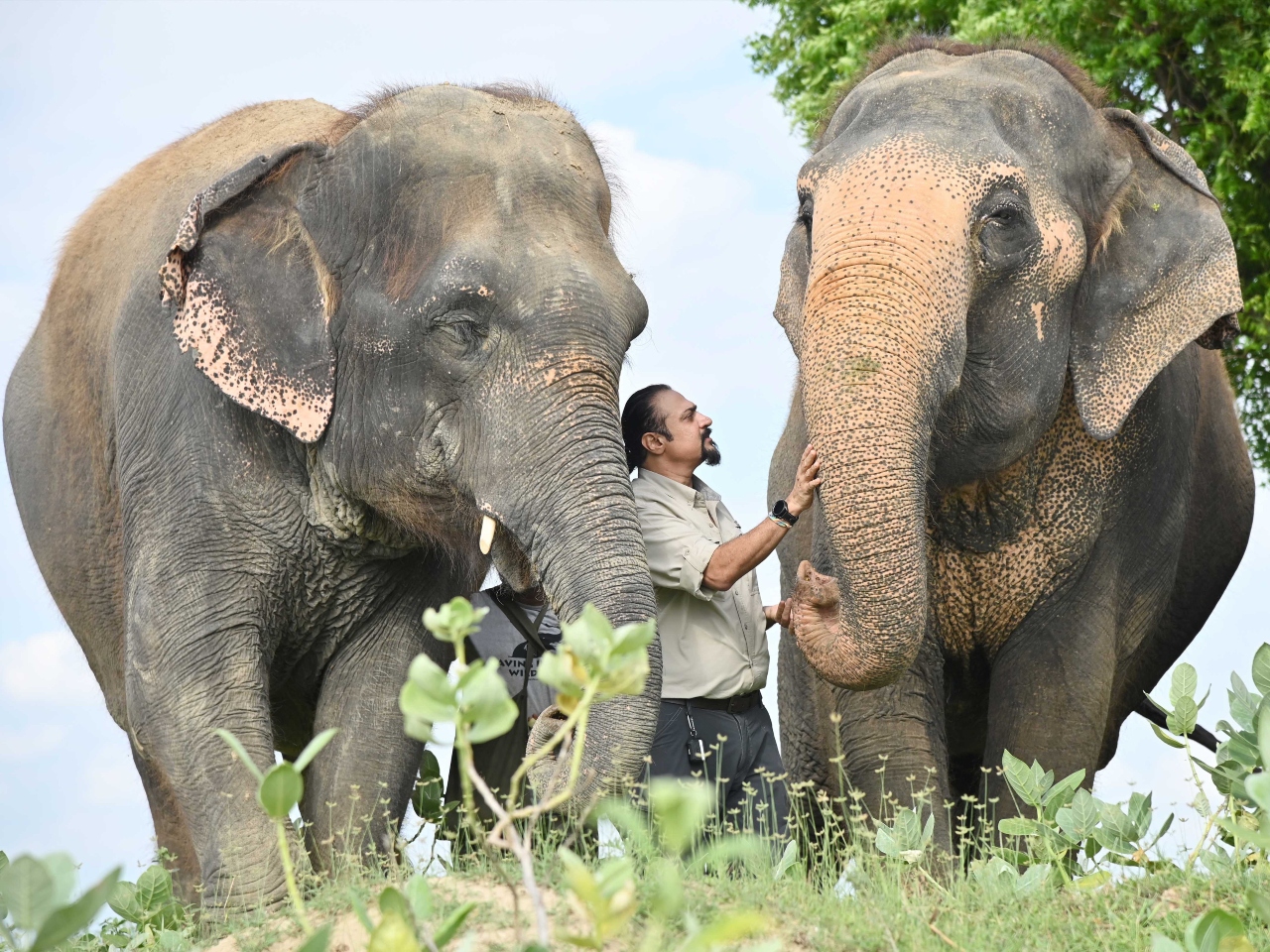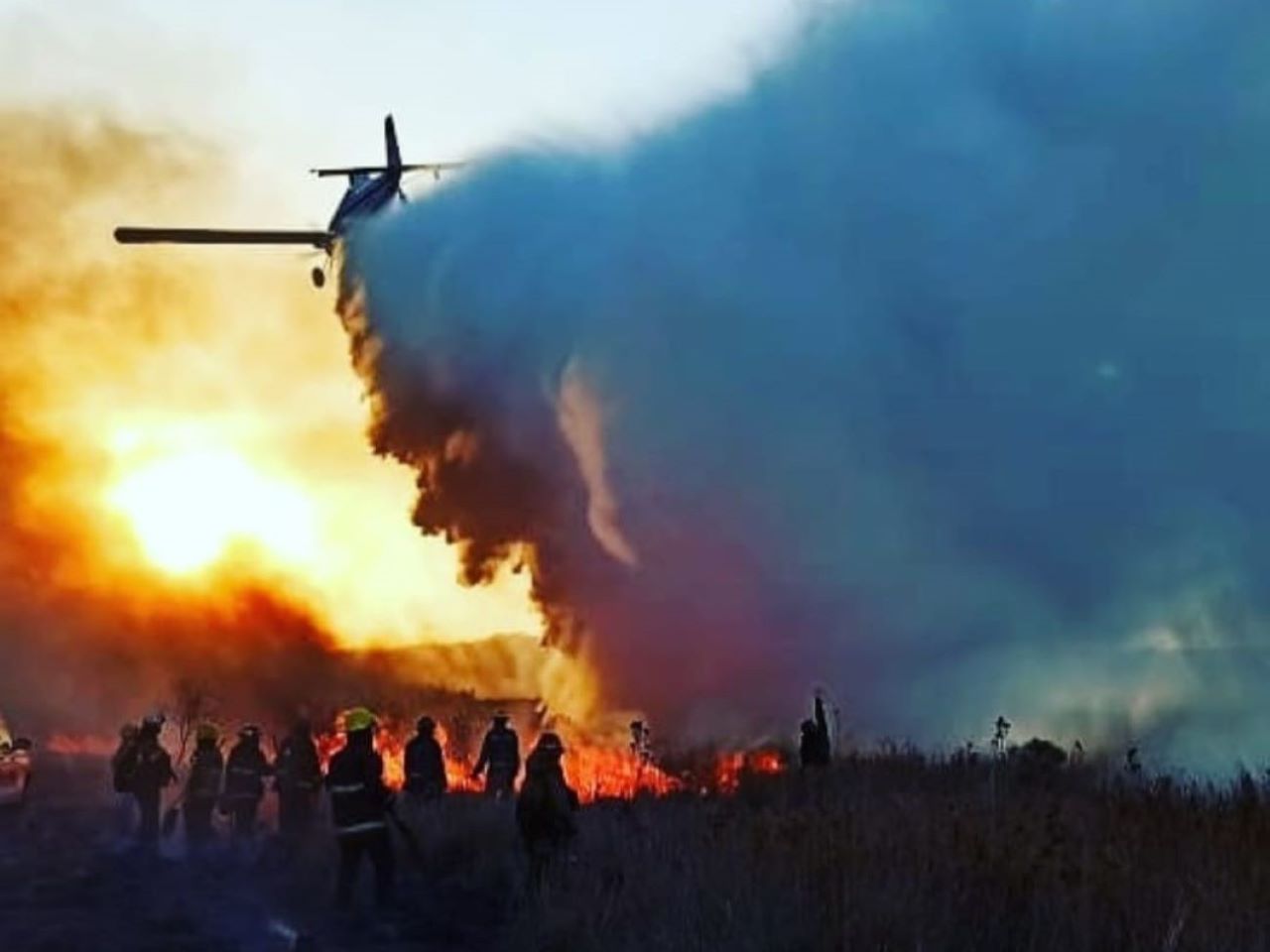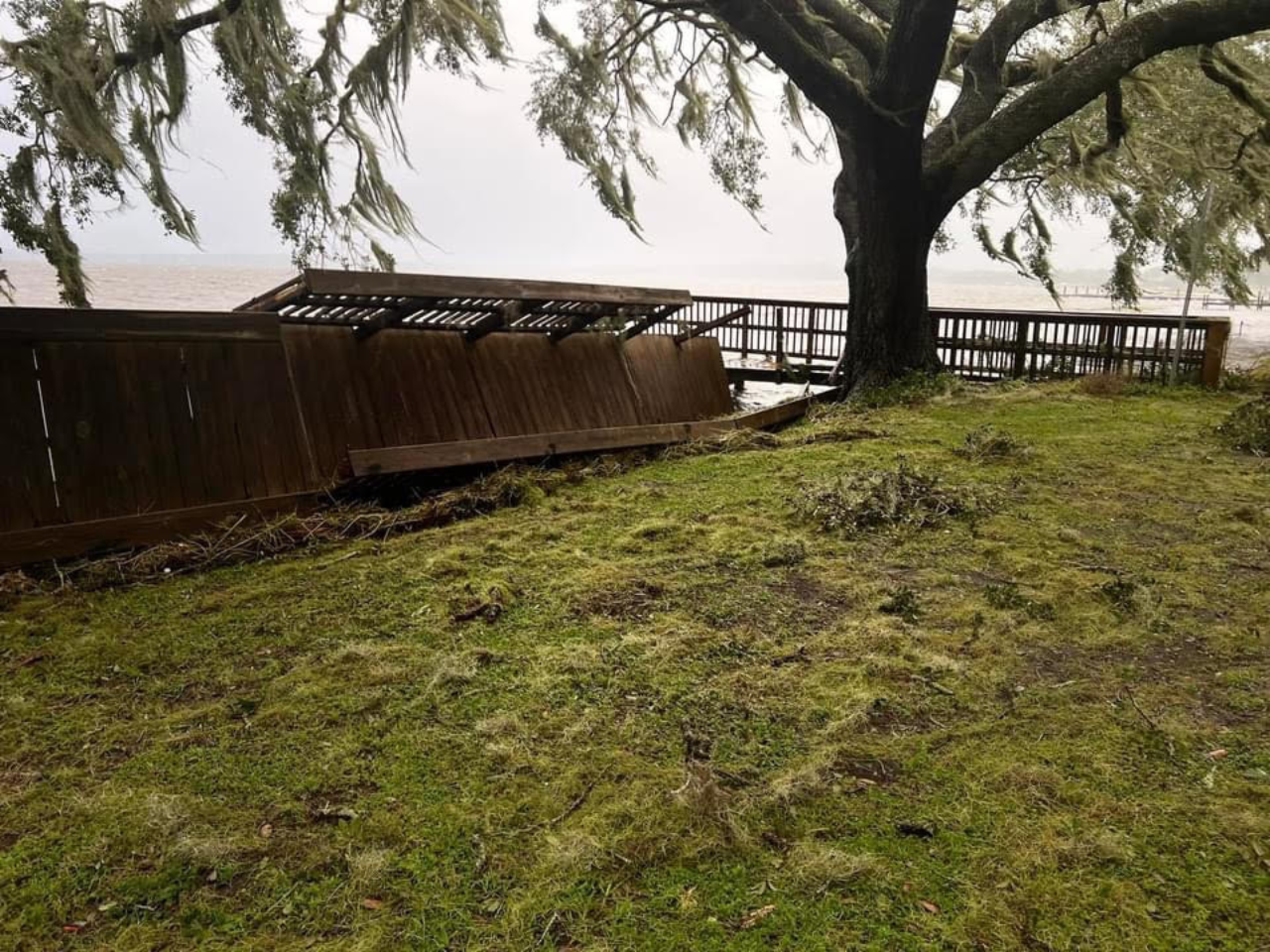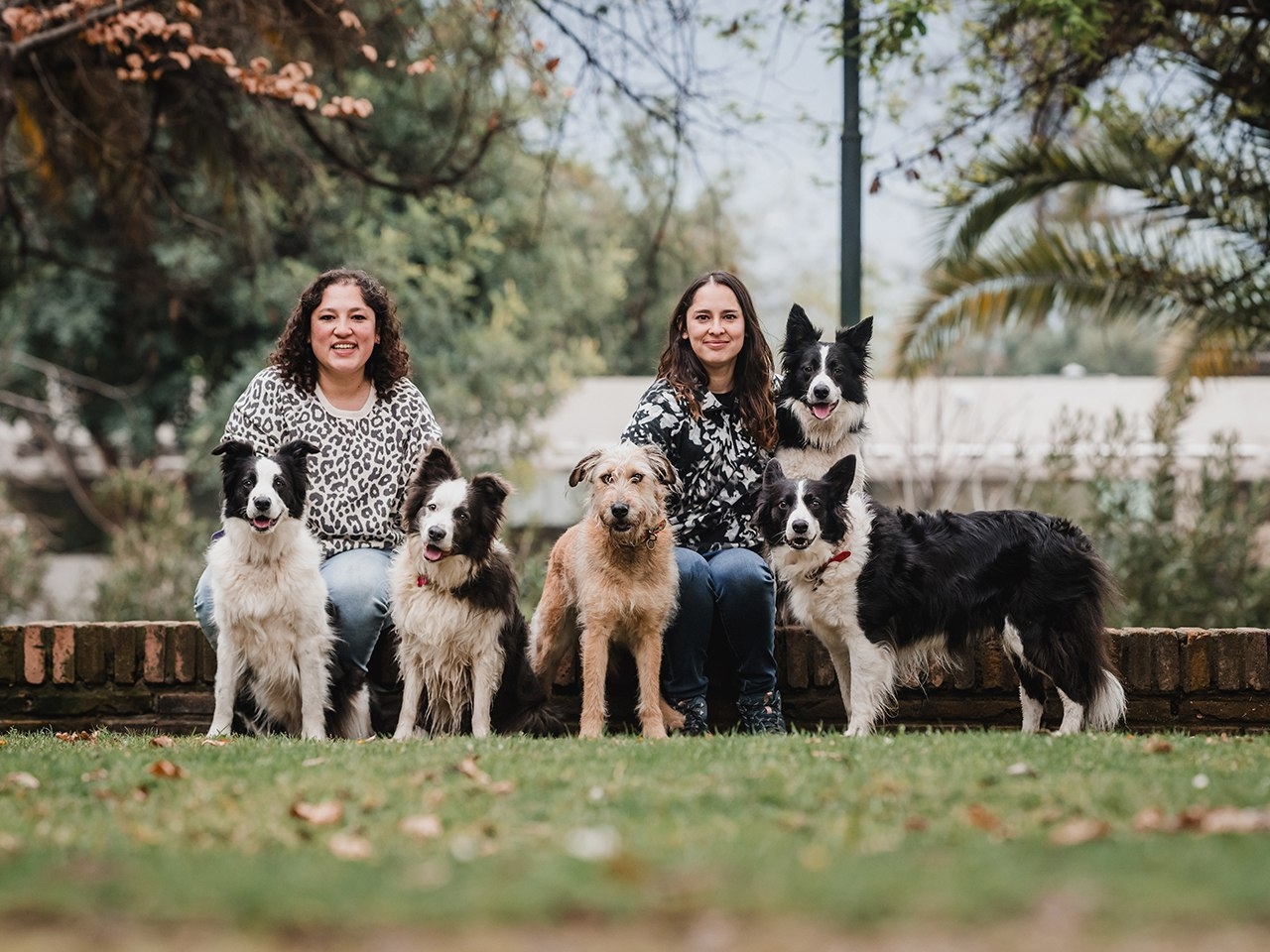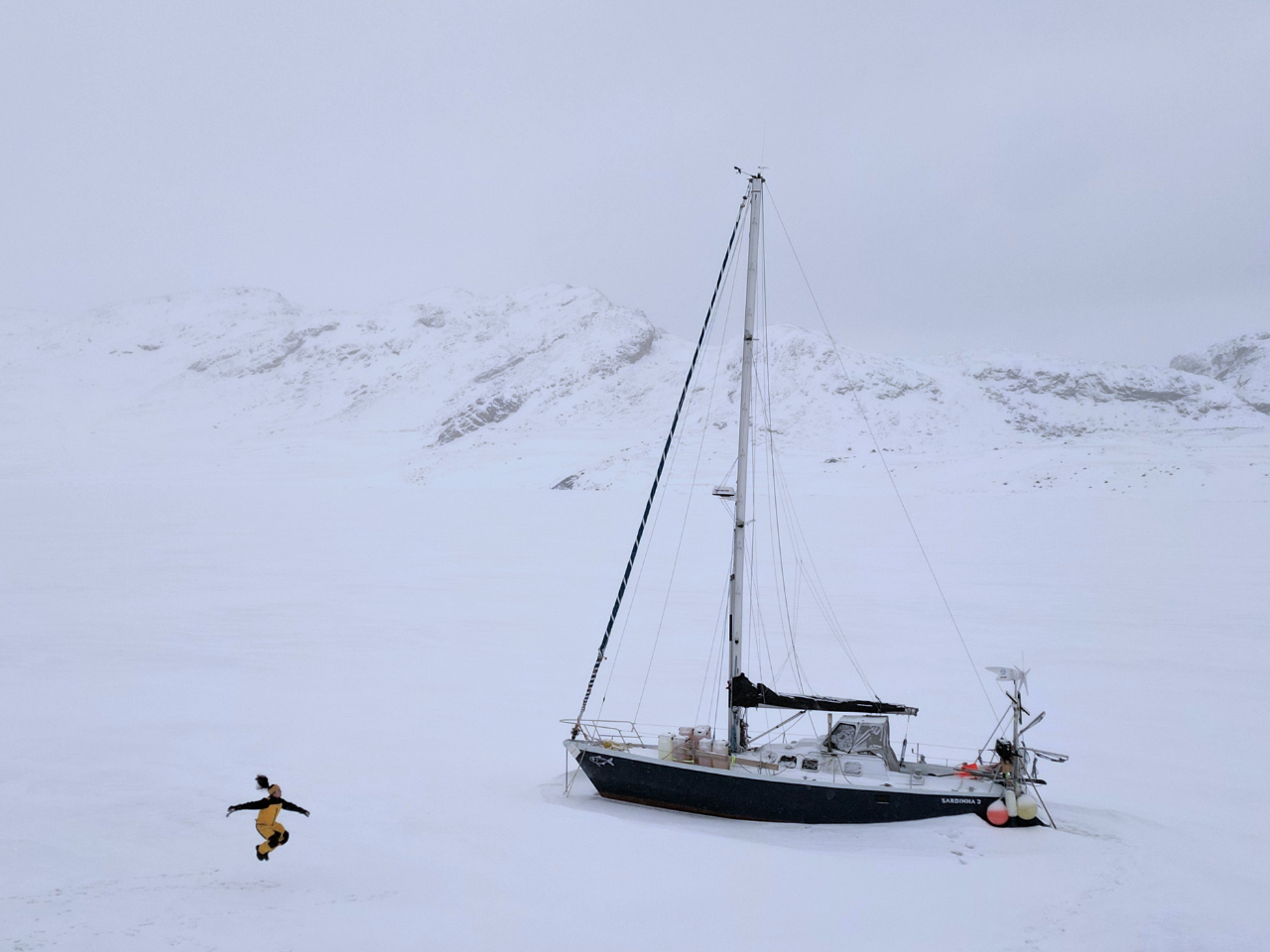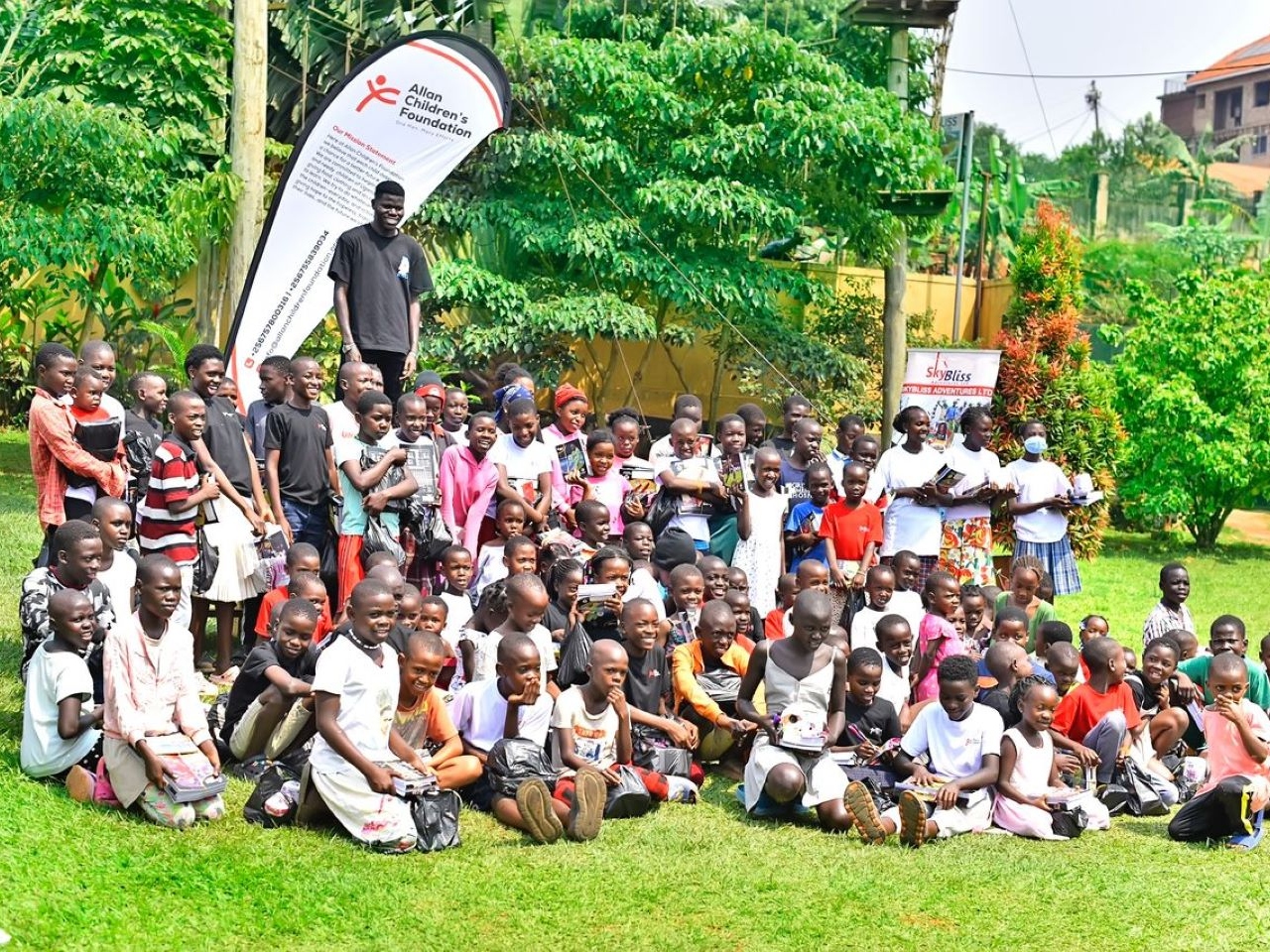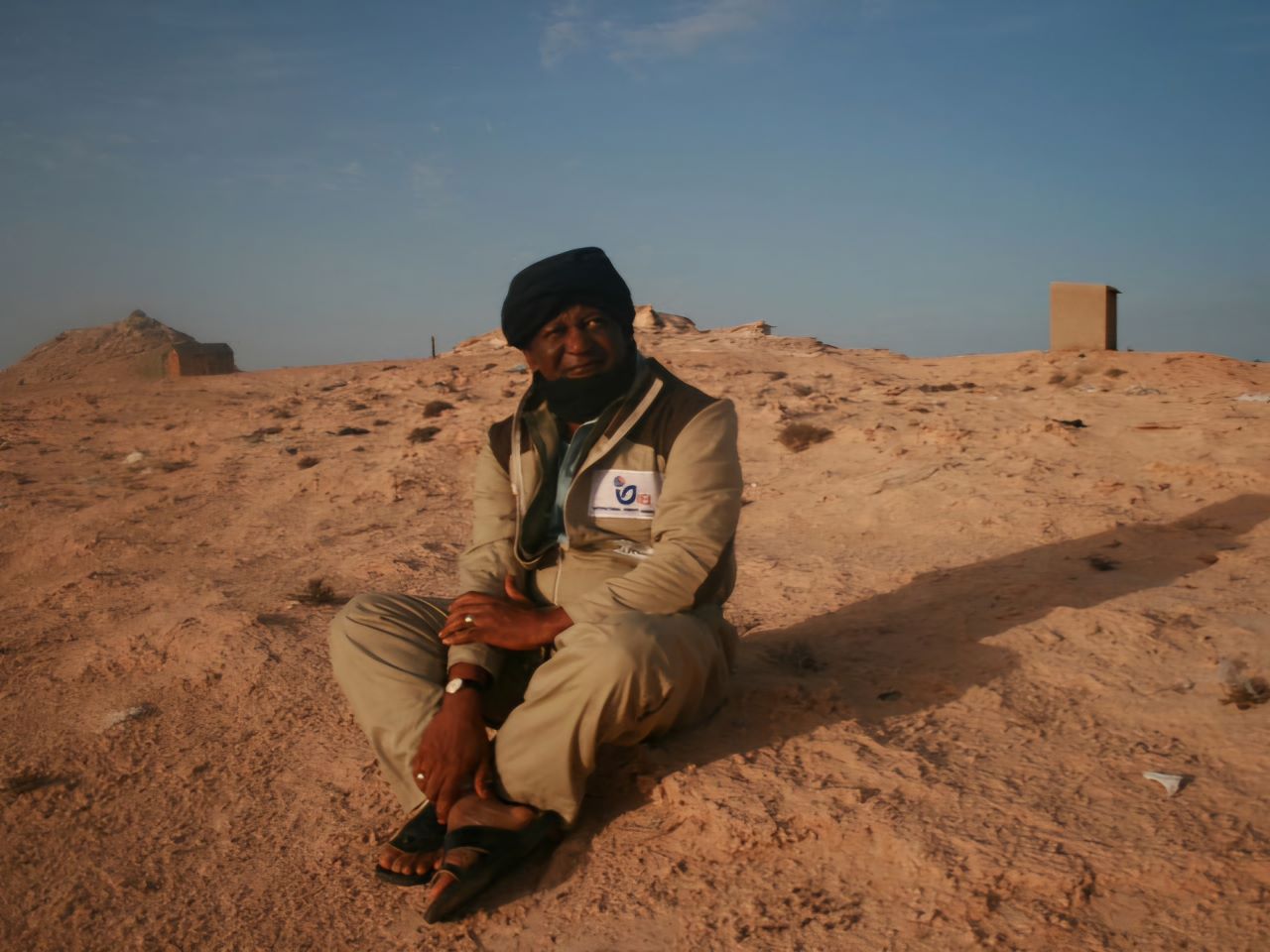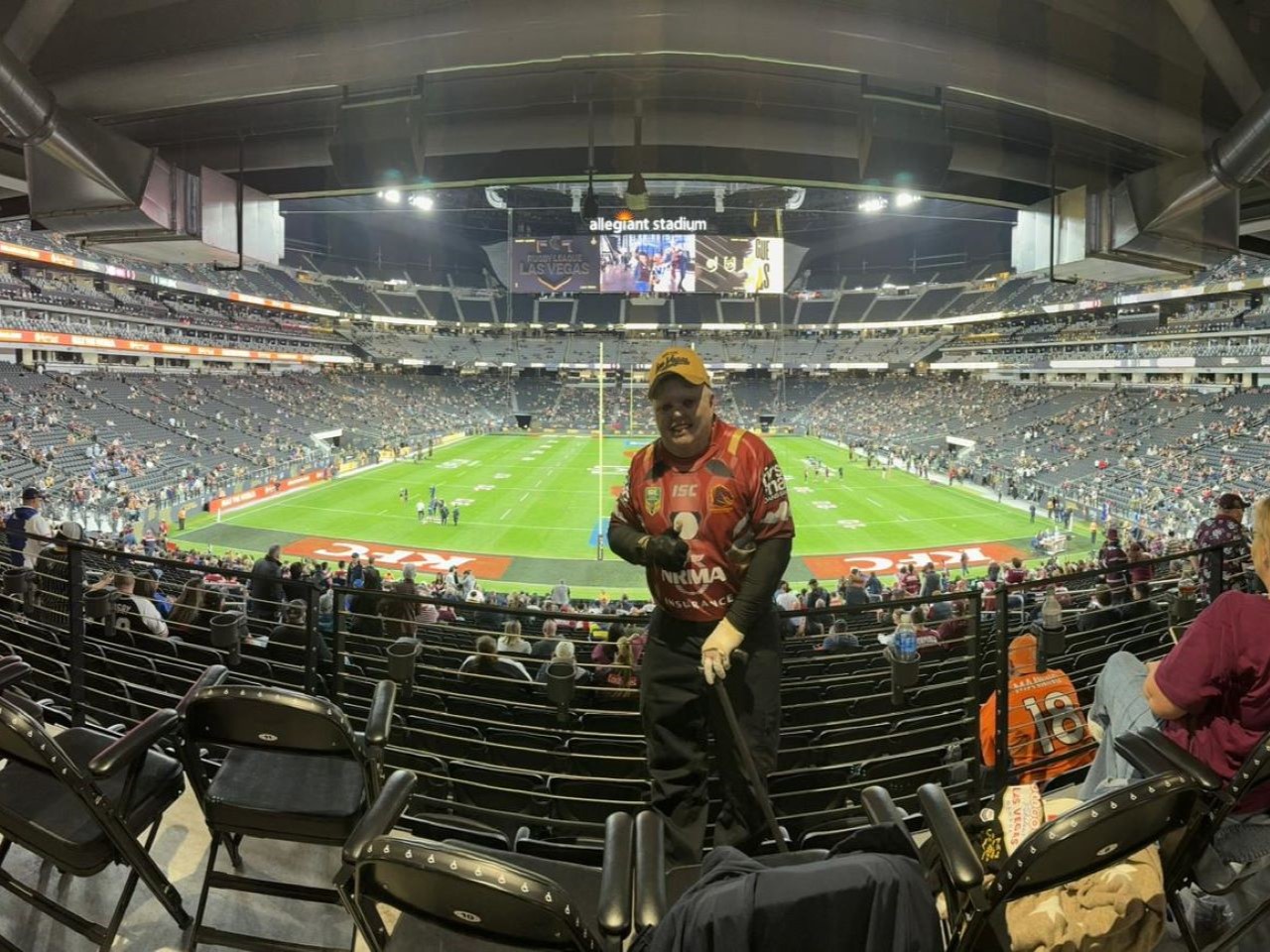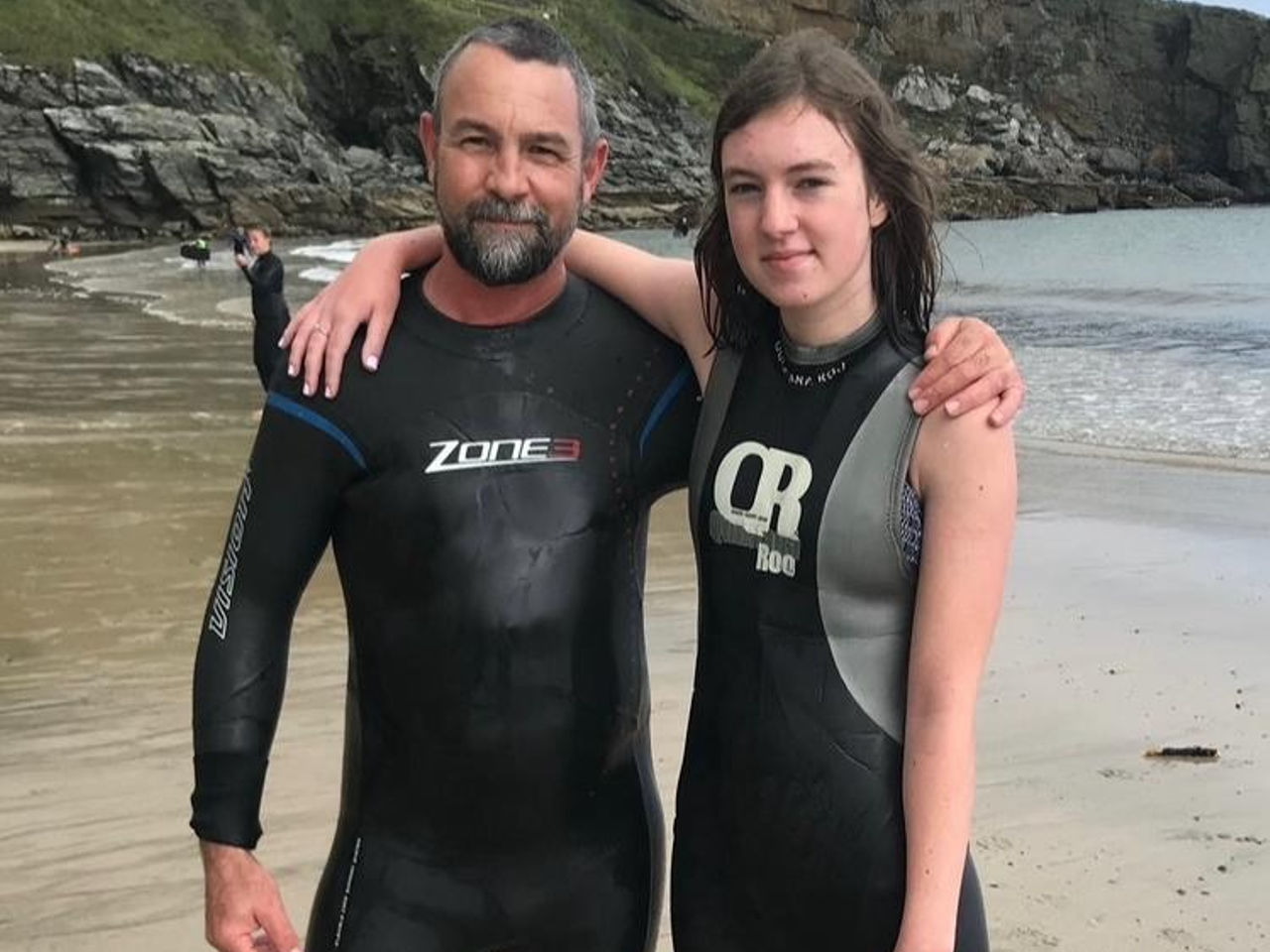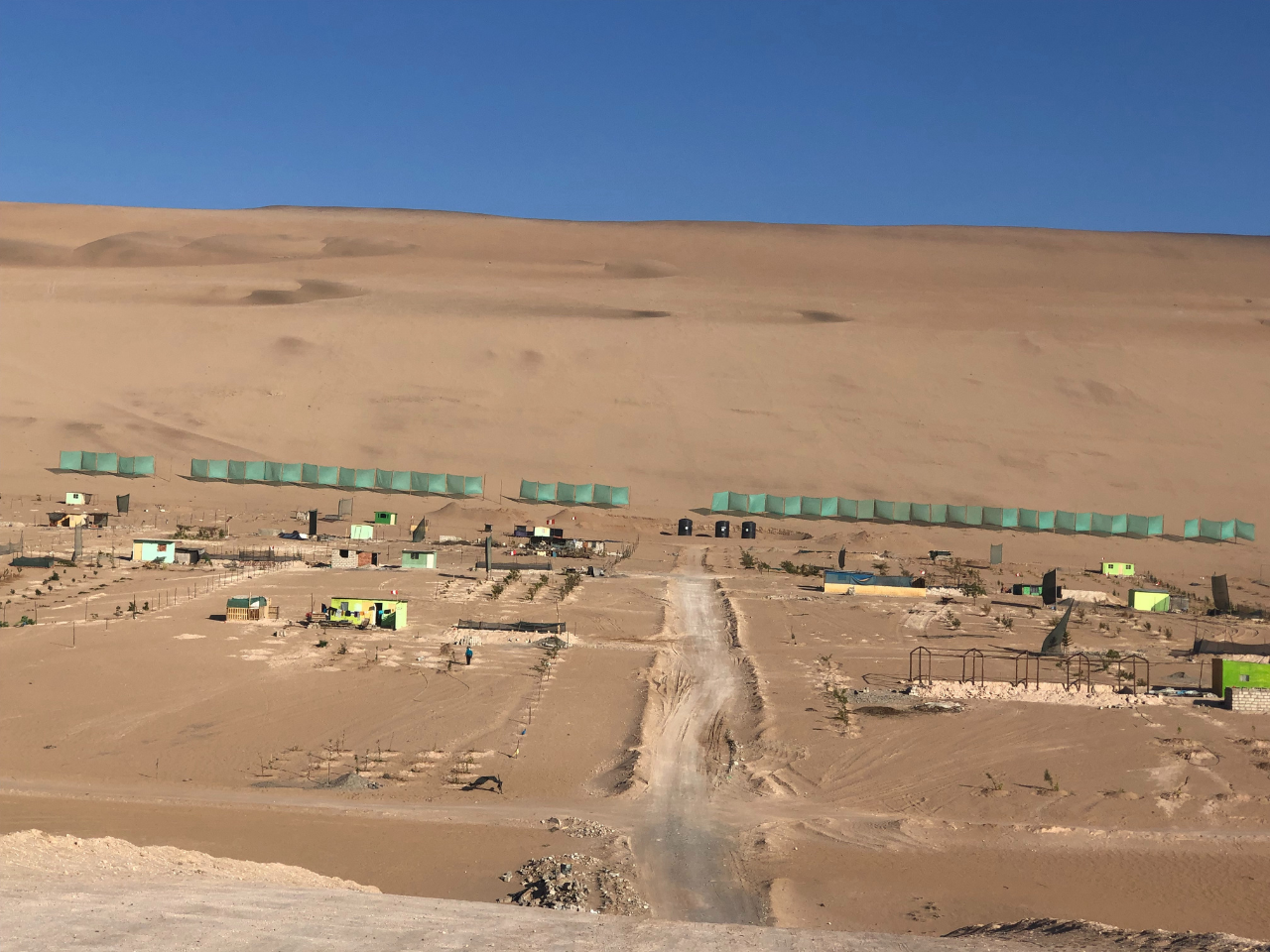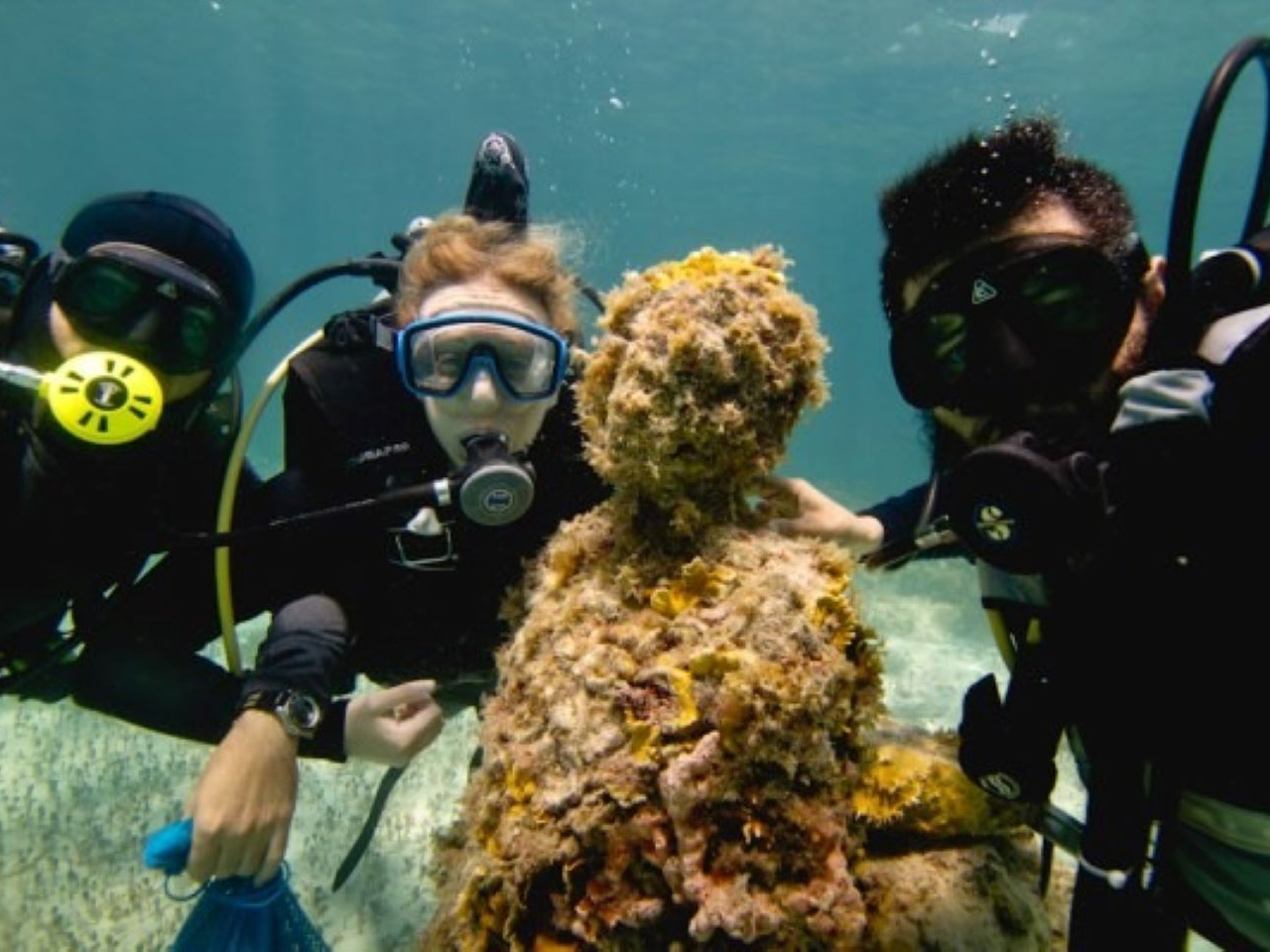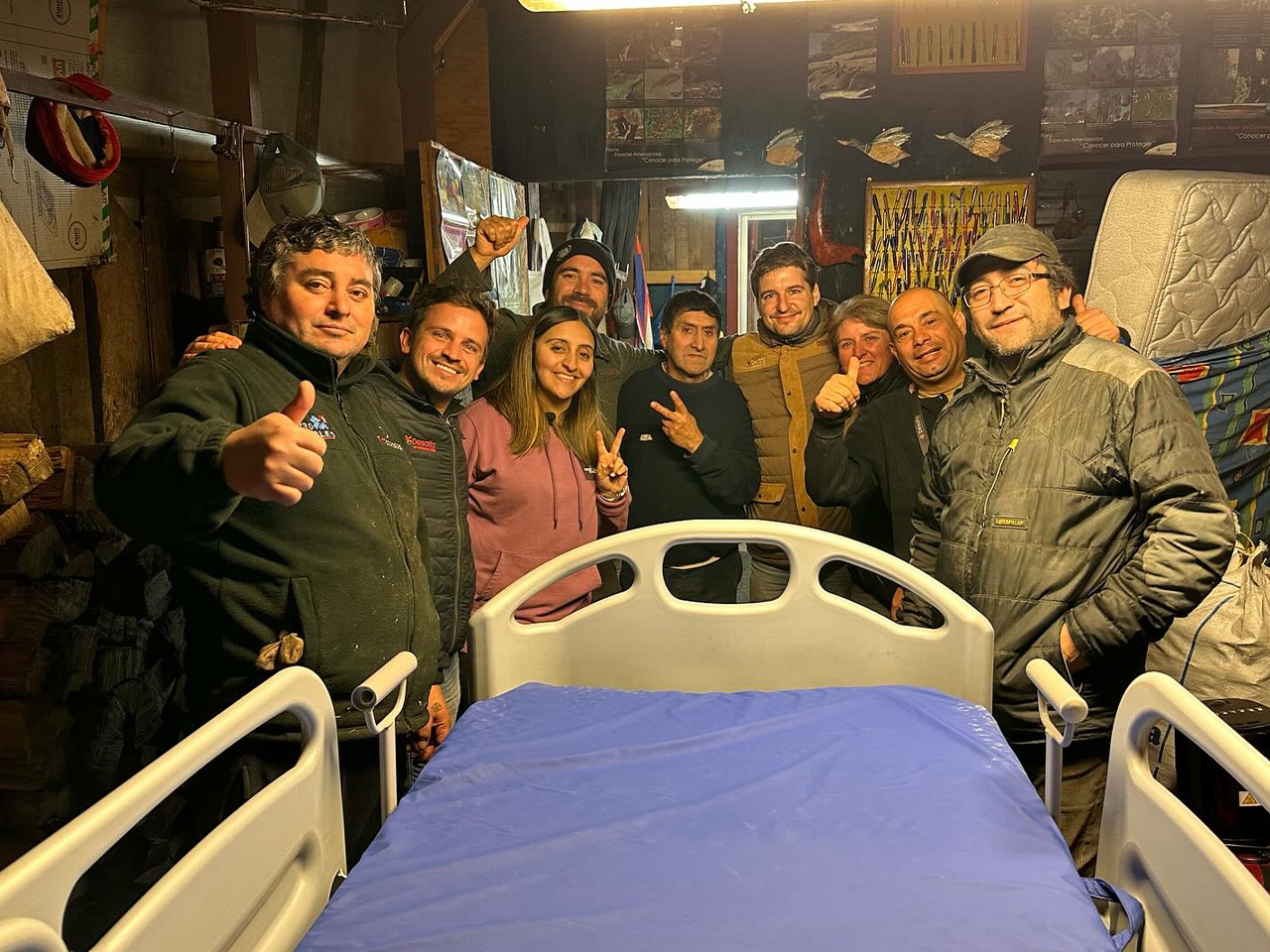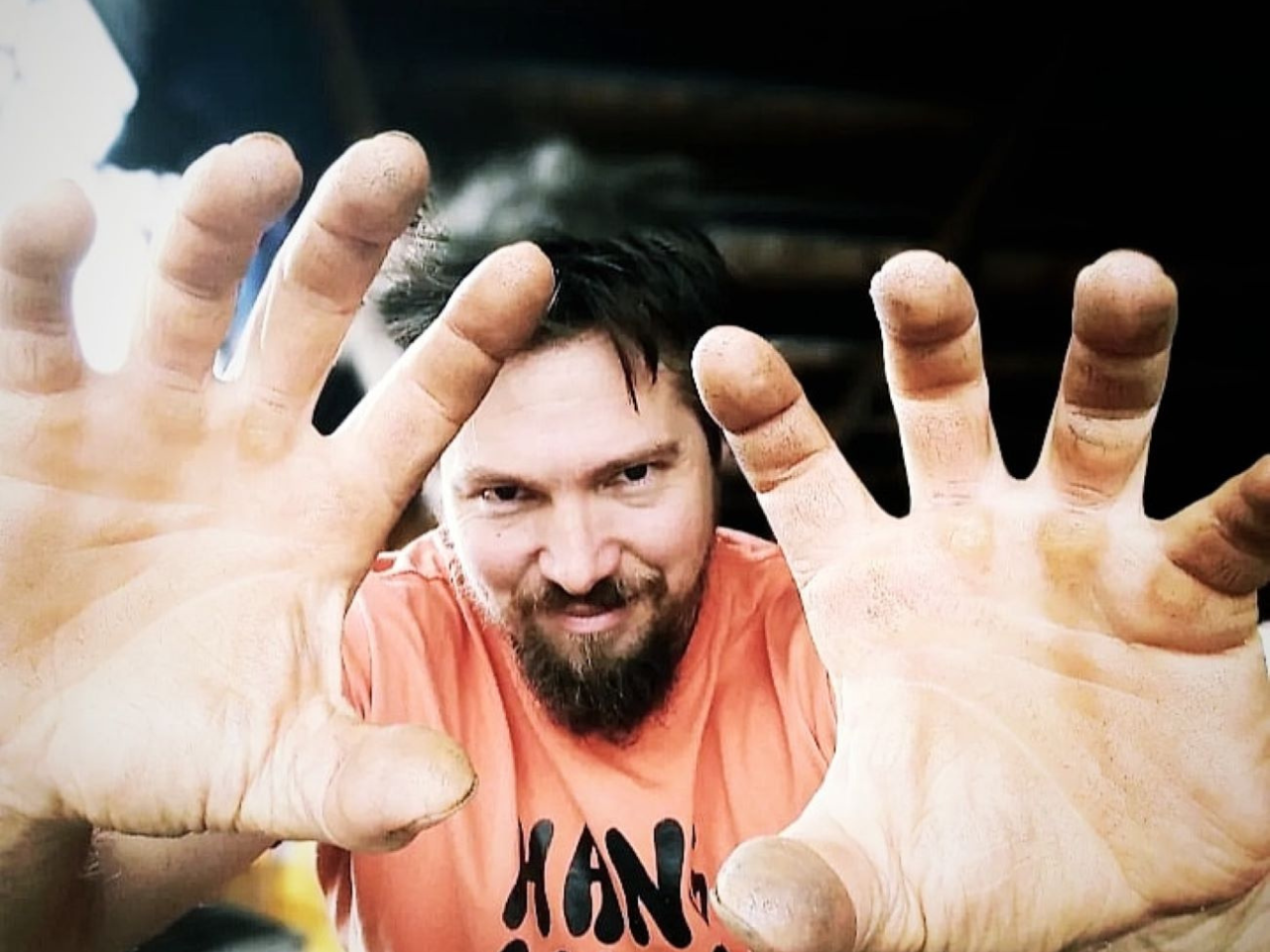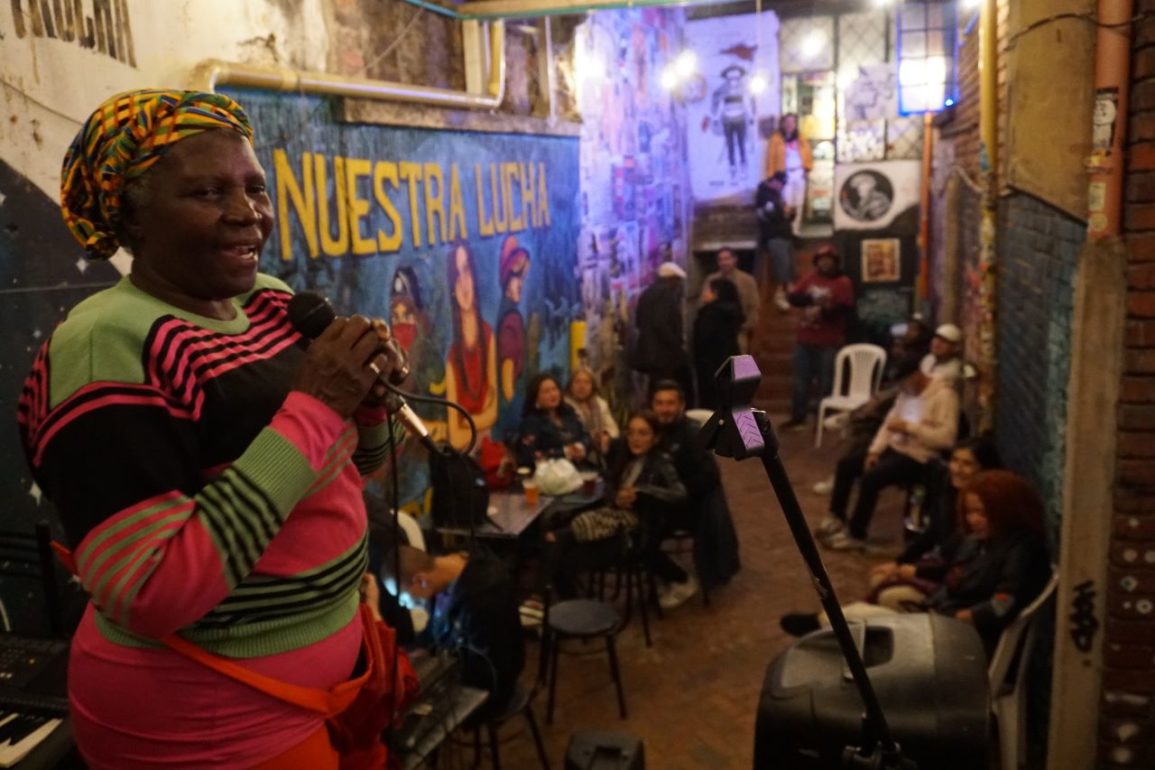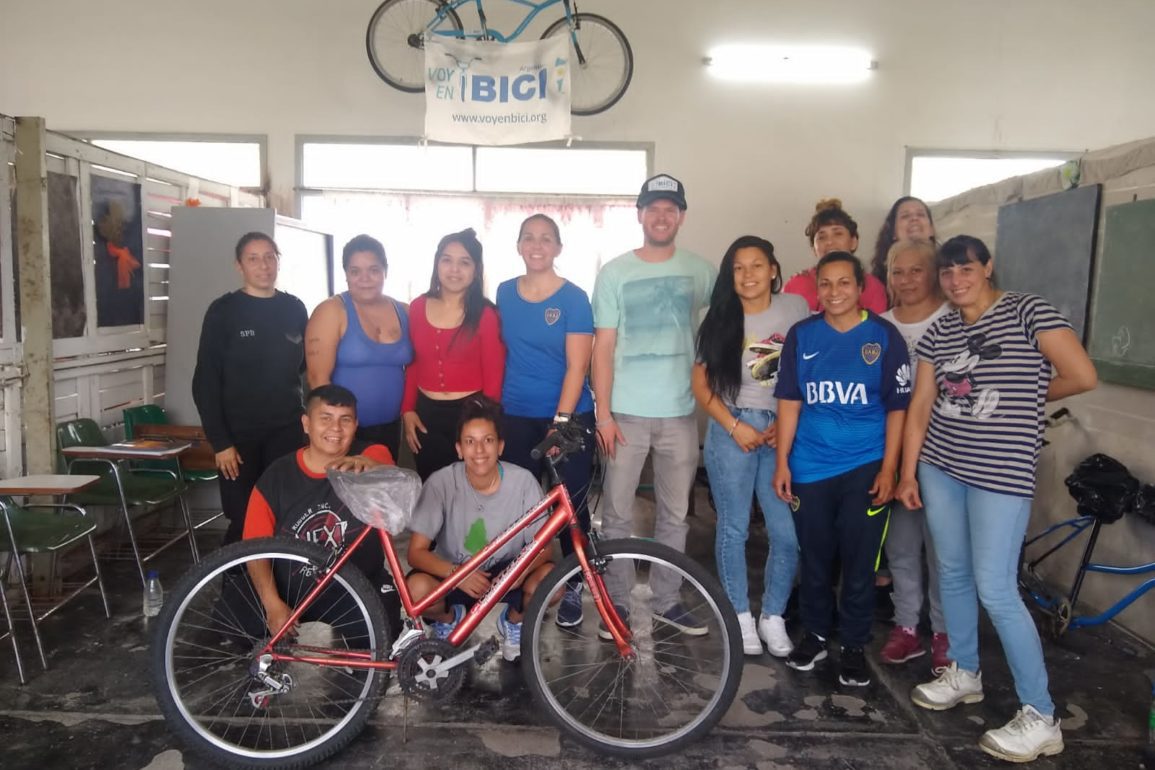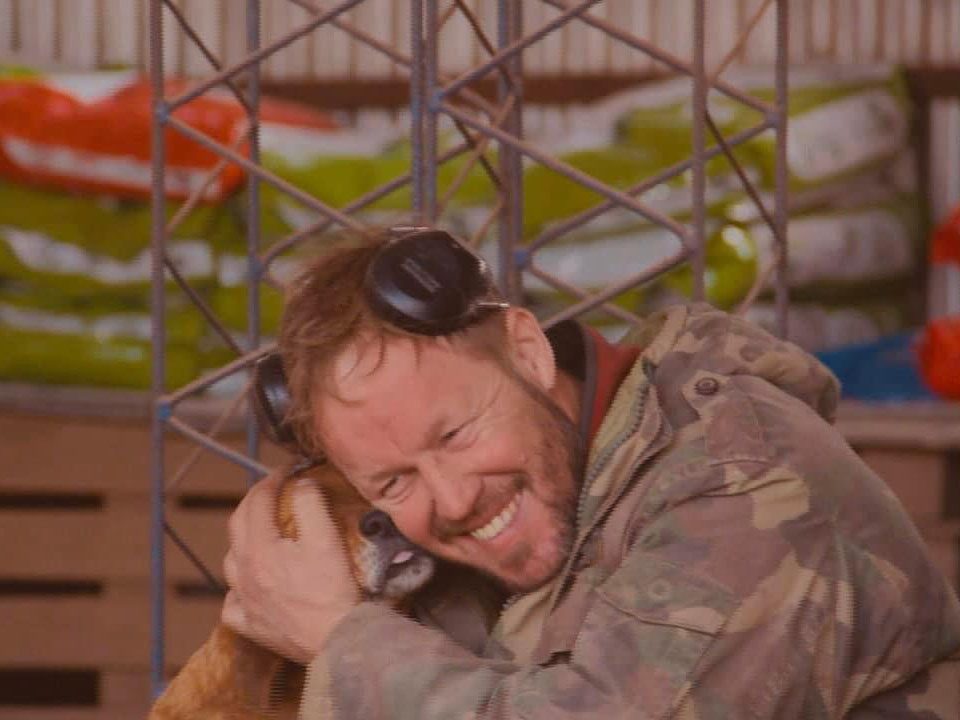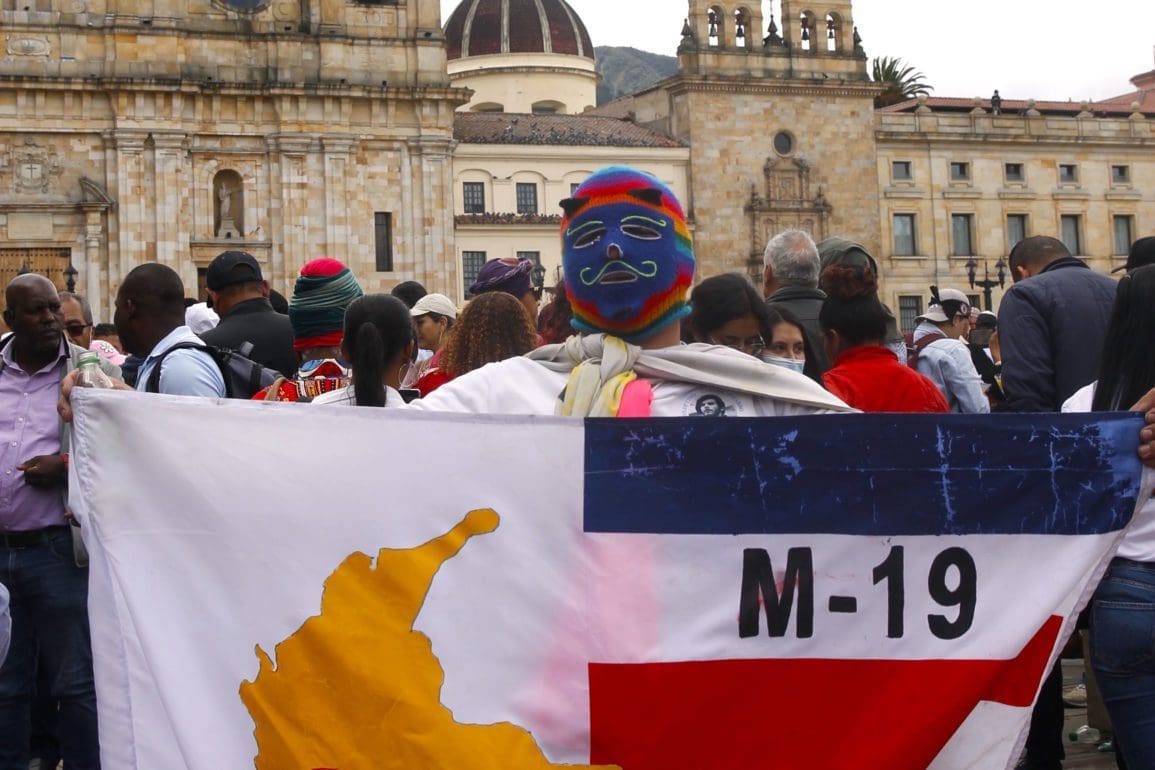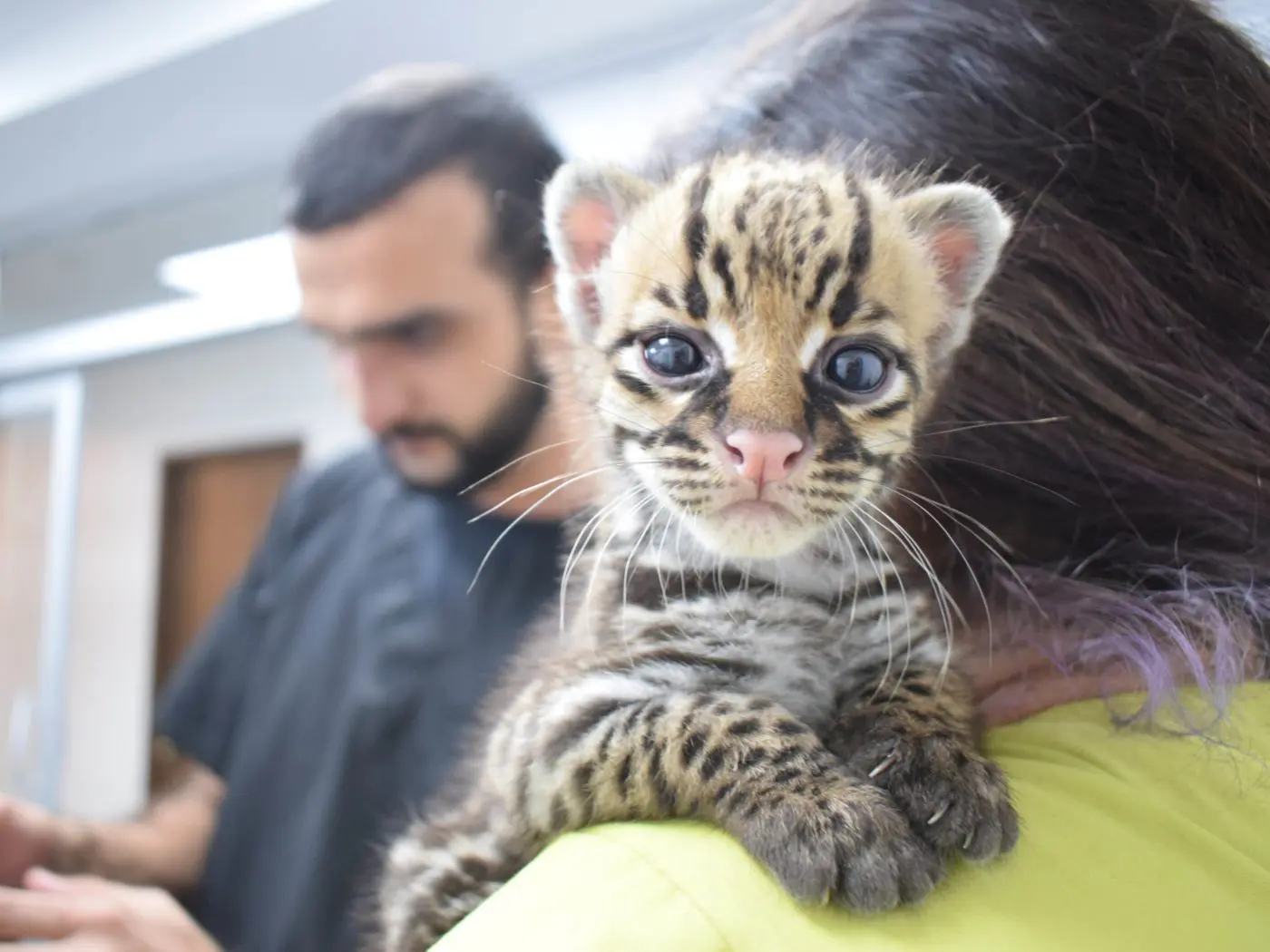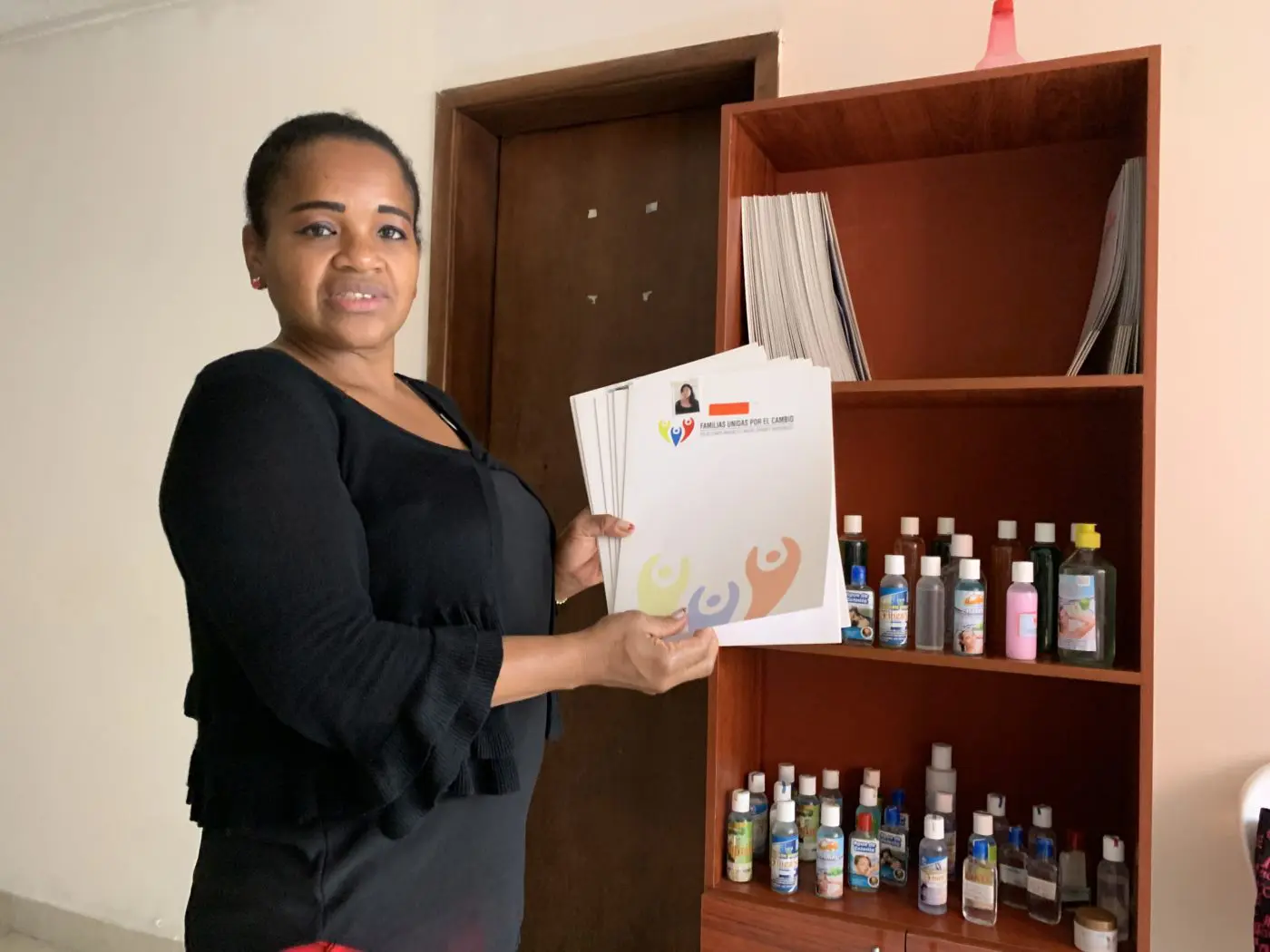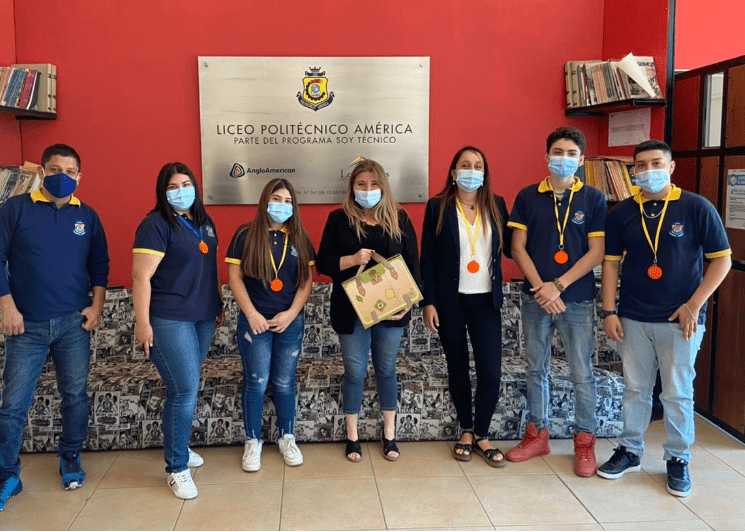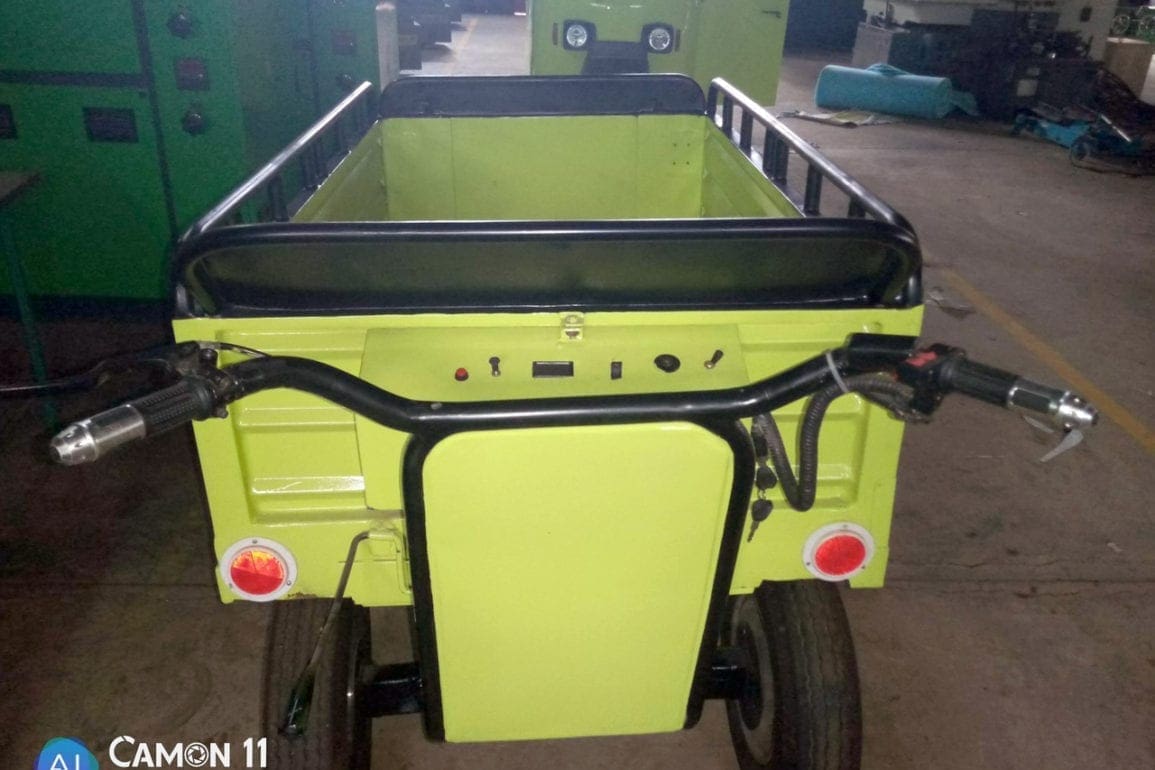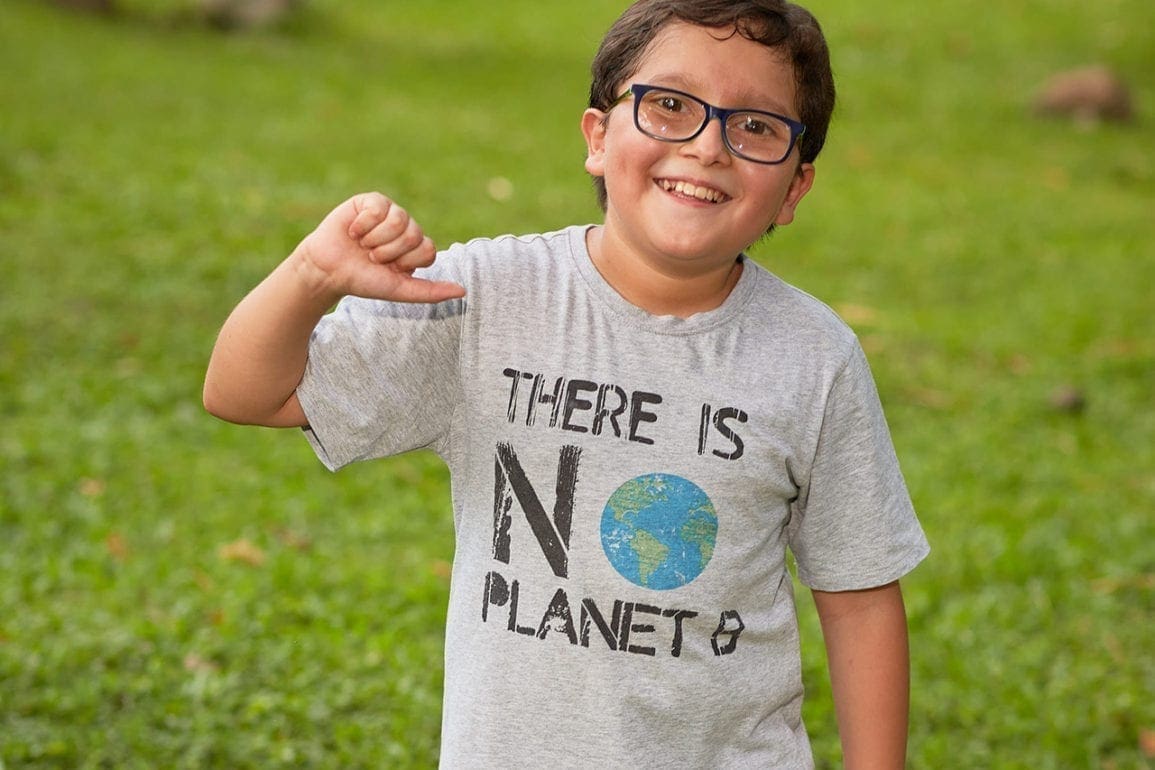The crew from Mountain Mule Packer Ranch carried supplies into the Carolina mountains after Hurricane Helene cut off communities
The trucks moved along the road together until we reached the mountains where the impact of Hurricane Helene became more visible. We saw pieces of houses laying on the ground as fallen trees interrupted our passage. The further we went into the zone, it looked as if a bulldozer tore through, destroying everything in its path.
- 1 year ago
November 16, 2024
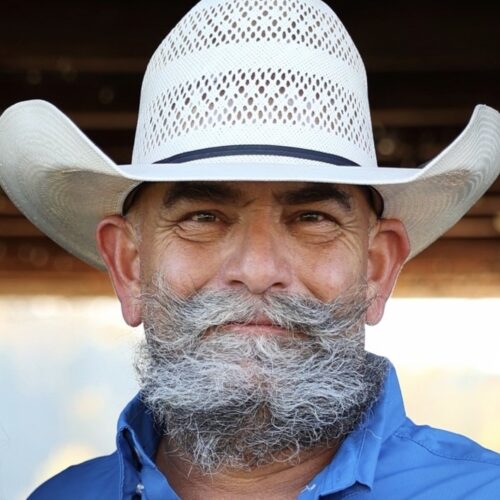
NORTH CAROLINA, United States ꟷ In the aftermath of Hurricane Helene, I did my part to help those struggling. Alongside my mules and other volunteers, we carried food, medicine, and supplies to those immersed in the chaos. Our efforts made it to places vehicles could not reach, thanks to our animals. While I felt saddened when I saw the plight of hurricane victims, I also felt grateful to lend a hand. Difficult times can bring out the best in everyone.
Read more stories on the environment and weather events at Orato World Media.
Hurricane Helene makes entire communities inaccessible by car
In late September 2024, sitting in front of the television, I saw shocking images. Hurricane Helene wreaked havoc, cutting off entire communities. Stuck and isolated, their options dwindled and those hoping to help victims struggled to get access. As I watched the television, I thought, “We can get in there with mules.” I talked it over with my Mountain Mule Packer Ranch crew. Though we never did anything like this before, our mules were setup to transport goods back and forth.
After contacting other organizations, we worked together and through donations from individual people, we gathered enough supplies to make a difference. The day we loaded the trailers and trucks, it felt intense. Seeing people selflessly give of their time, energy, and money to improve stranger’s lives filled me with excitement. Even amid my worry over what was happening, I felt hope and joy.
We set out on a journey in a large convoy. The trucks carried all the provisions plus our own food, the mules, and horses. The trucks moved along the road together until we reached the mountains where the impact of Hurricane Helene became more visible. We saw pieces of houses laying on the ground as fallen trees interrupted our passage. The further we went into the zone, it looked as if a bulldozer tore through, destroying everything in its path.
Water submerged entire areas, sweeping away whatever had been there. We advanced with trucks and trailers as far as we could. When we reached the point where the vehicles could no longer pass, we made camp and prepared the mules to continue. At each stopping point, we posted our location on Facebook. People responded, sharing their needs or pointing us toward a particular person.
Despite destroyed homes and roadways, responders witness joy and generosity
Armed with good information, we mounted the mules and continued forward. At times, we reached a location, but the person we sought already left on foot. At a slow but steady pace, we continued forward on the mules, regularly sharing information back to the community. The rhythmic gait of the mules rocked us from one side to the other. We often rode in silence, observing our surroundings.
As we concentrated on our task, we witnessed the damage caused by Hurricane Helene. Taking pictures of the landscape, we documented the destruction, but did not photograph people or their houses. Their pain felt too private. The journey became emotional as we encountered a somber atmosphere. I felt incredibly lucky I wasn’t affected by the hurricane personally, but continued thinking about ways to help.
That mixture of obligation and gratitude consumed me. When people saw us coming, they lit up, welcoming us with happiness and smiles despite the difficulty they faced. Witnessing the generosity of the mountain residents touched me deeply. While delivering supplies to a woman, she interrupted us.
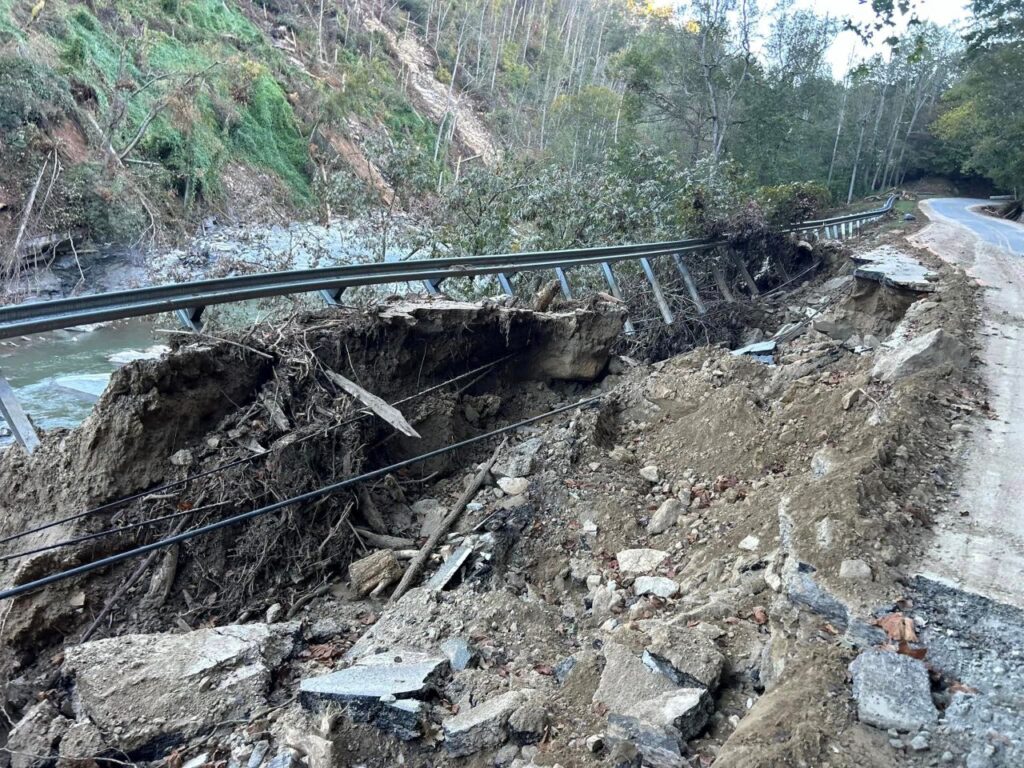
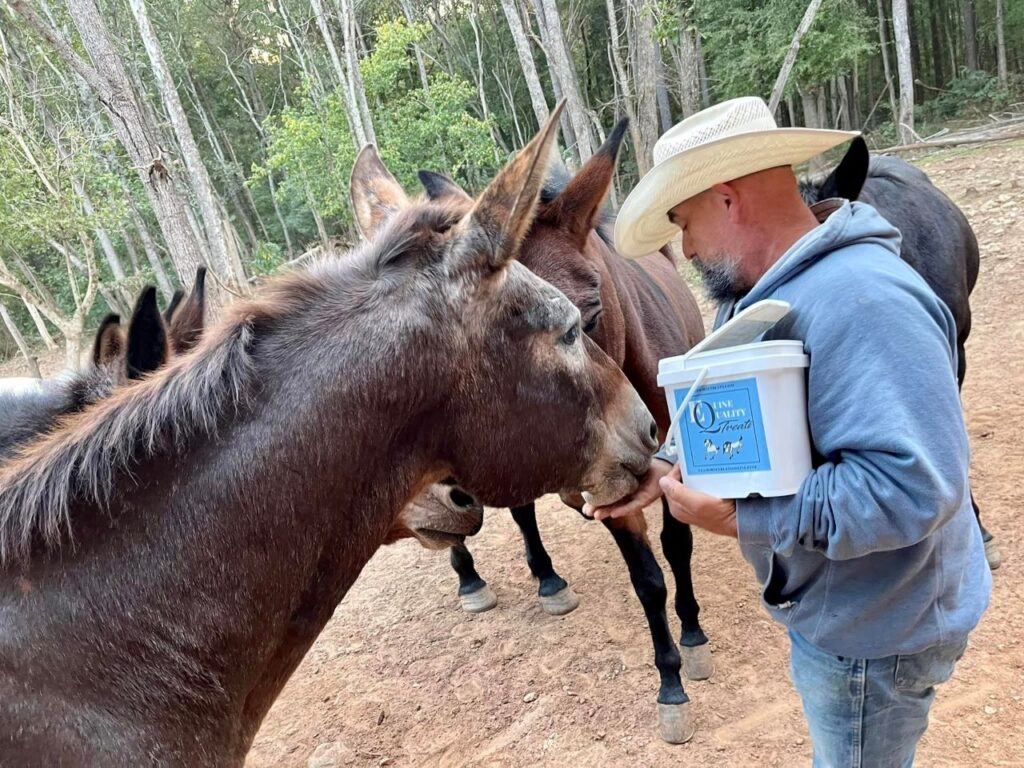
“That is enough,” she said. We responded, “But we only gave you a little.” “But if I grab too much,” she said, “there won’t be any left for my neighbors.” That spoke volumes to me. This woman had a caring soul. This scenario repeated time and again. As we proceeded, we stopped asking what they needed and simply brought all we could to each person.
For 11 days we moved through different mountains, exerting incredible effort, though we could not comprehend it at that time. It felt as if our own fatigue became nullified. We focused on tending to the needs of the people and ensuring enough rest for the mules. We concentrated on the work in front of us, because when you stop moving, you grow tired.
Mountain Mule Packer crew discovers new purpose through hurricane response
Occasionally, during the day, we took brief 30-minute naps. Every night felt a little different. Sometimes we slept on the side of the road. Other times we slept on the ground. When we set up camp, we rested underneath a blanket of stars. Now and then, a church opened its doors to us and between the benches and religious figures, we settled in to rest.
On those nights, they provided us with food to recover our energy. The first nights proved the easiest. The weather remained mild, but as the days went on it grew colder and colder. I took comfort knowing I helped people in a dire situation.
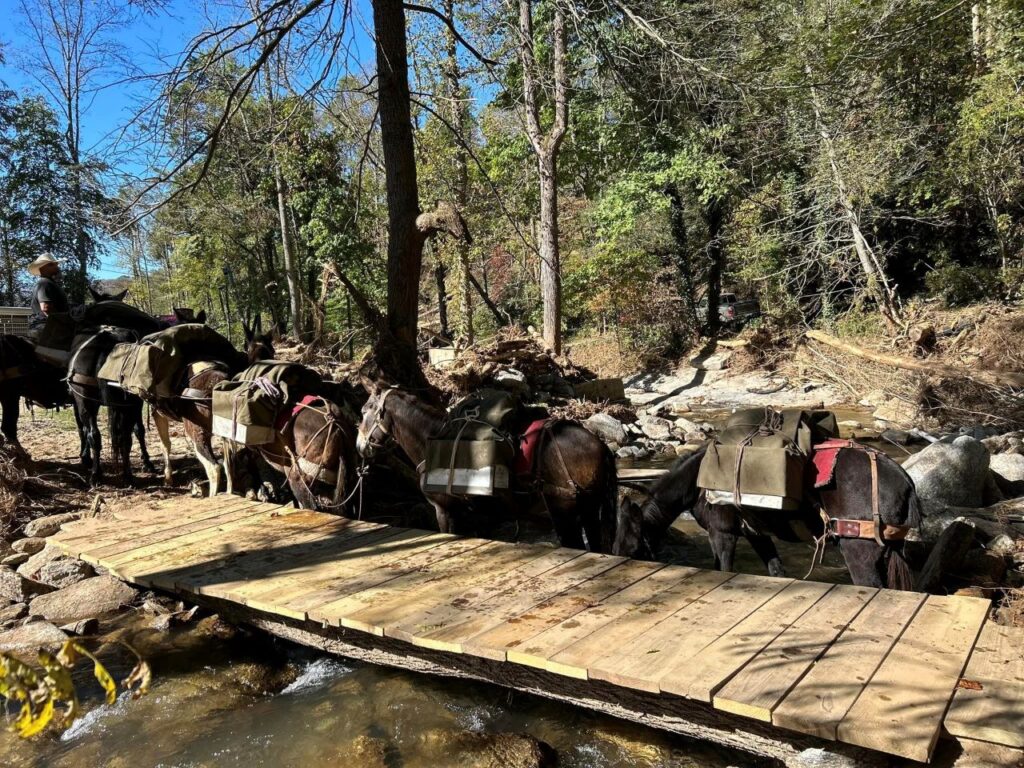
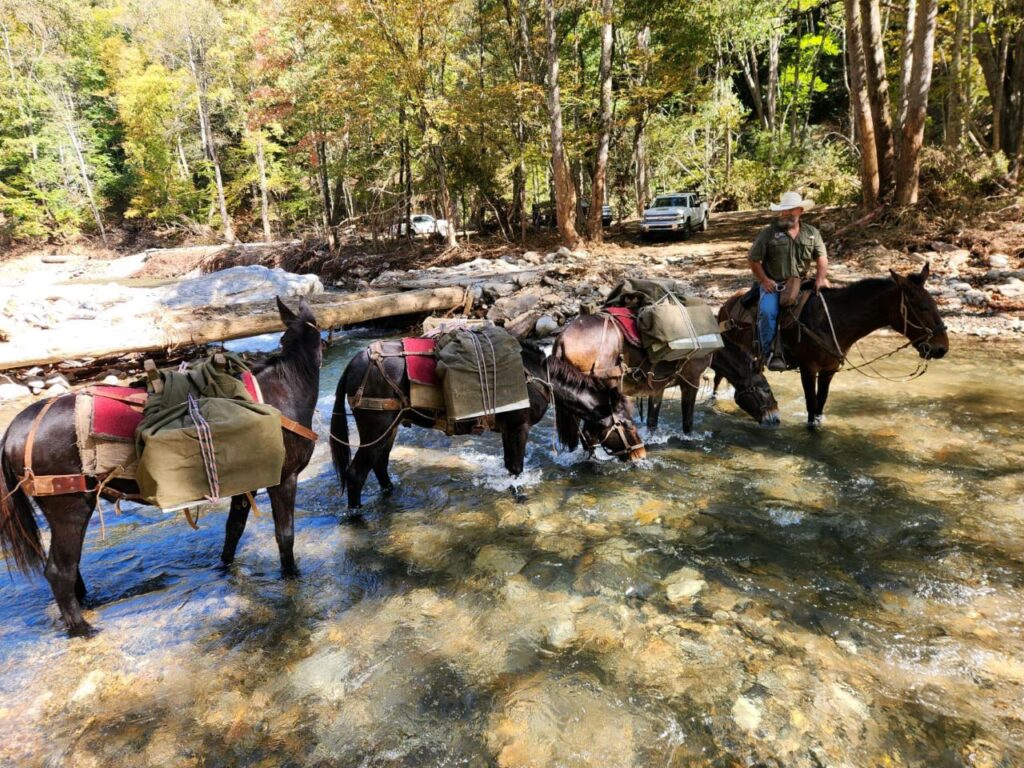
Today, the needs continue, and we have a lot of work to do. Having completed the delivery of supplies, I want to find a way to help people rebuild their shattered homes. It feels important to be part of that process. We have already begun gathering building materials.
Through it all, I relied on the mules. To me, they are family, workmates, and tools. Mules have been part of my life for so many years. I feel a strong connection to them. Sharing this moment with the mules felt like an honor.
While we never did this before, providing emergency support impacted me and I want to reorganize our efforts at Mountain Mule Packer to make this part of our regular routine. The mules gave us access to places no one else could go and we hope to continue helping in the future.

